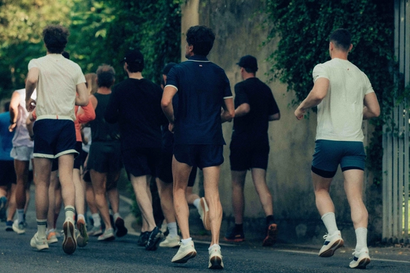Don’t do things by half, or so they say. But, in marathons, this maxim finds a notable exception. When the full 26 miles are just too daunting, time-consuming and seemingly impossible to train for, the event’s 13-mile baby brother is a welcome – but still incredibly impressive – alternative.
But how do you start training for a half marathon? It’s a difficult one, as there’s still a lot of early morning runs and cardio training involved. But surely not as much as the regime required for a full marathon?
We turned to Jessica Frey, Virgin Sport’s General Manager, strategy team member for the New York Road Runners and veteran of over 20 marathons and ultra-marathons worldwide, for her tips and tricks to give your all for a half.
Start training 12 weeks before your race
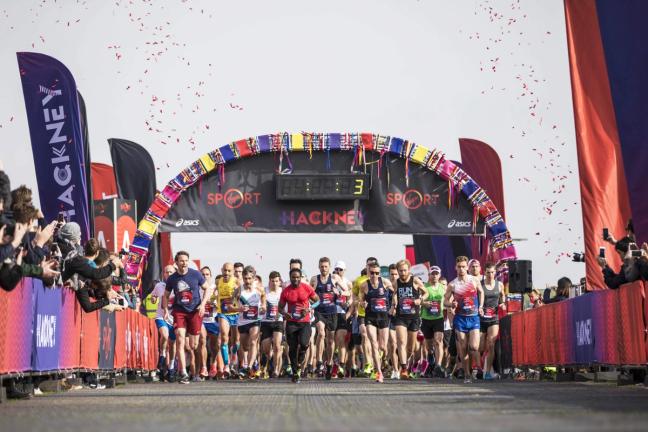
Jessica Frey: “Standard half marathon training plans begin around 12 weeks before the race, but you should be able to run 5k comfortably when you start training. All things equal – from terrain and training to good pace strategy – half marathons are, of course, easier than full marathons.
“However, I’ve run a few half marathons where I wasn’t prepared or went out too fast and ended feeling much worse than some of my best marathons where I was well trained and boosted by a flat course and spectator support.
“Regarding your training regime, it requires less social sacrifice because your training runs are going to be shorter. But still, I’d recommend running a half before taking on a full marathon.
“Try downloading an app like Runkeeper and you can create a plan based on your current level of fitness and the number of days a week you’re able to run. This will help your 12-week program stay structured and effective.”
Learn to cope with the length and distract yourself
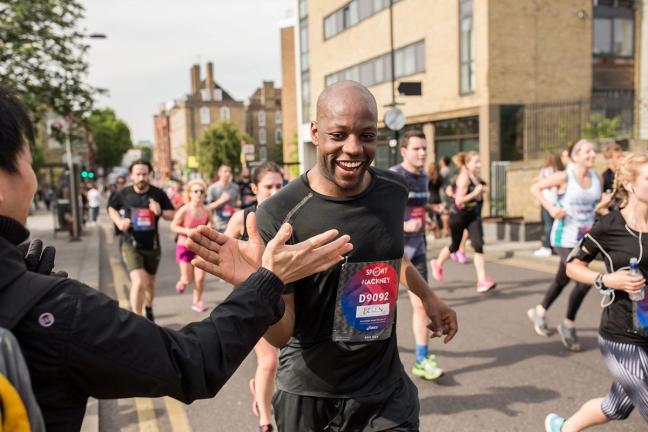
“Running farther than you may have before is completely mental. You have to find ways to distract and entertain yourself. I like to pick topics that I want to think deeply about on my run.
“I’ll listen to a podcast or playlist, get into conversation with a friend, do mental math related to my pace and splits, and imagine the things I’ll do when I finish my run. I’d recommend training in a group – the accountability of someone waiting on you will spur you on, and running first thing in the morning so you have no opportunity to create an excuse.
"Running farther than you may have before is completely mental. You have to find ways to distract and entertain yourself..."
“During your longer training sessions, there are a couple strategies for getting through the tougher miles. It’s important to stay hydrated and take in calories, but I also rely on some mental tricks to keep myself motivated.
“I think about how many times in my life I’ve covered the distance I have left. I also fantasise about what I’m going to eat when I’m finished – and count down the minutes until I can eat another gel. Distracting yourself from the physical pain is key.”
Use other people to energise you - and eat frequently
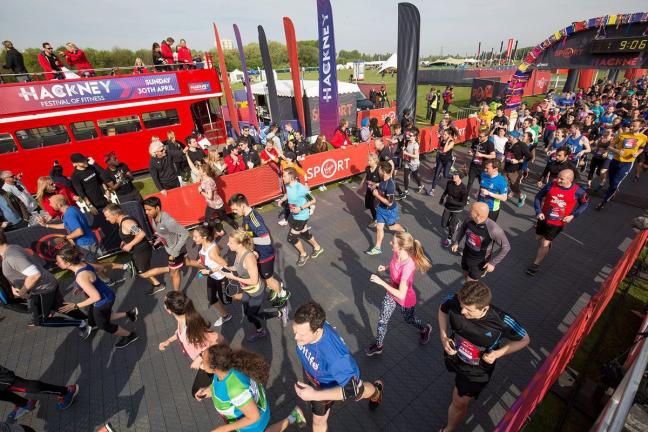
“Like using others to motivate you into training, you can also harness this energy whilst running. Although, that said, I think running with others can be really intimidating. If I’m running my own pace I remind myself to do ‘me’.
“Whether it’s walking for a bit, covering yourself in Body Glide, or taking a bathroom break – nobody is going to judge you. Runners have seen it all. The upside of running with others in a race is the atmosphere of a race can be energizing. You just have to be careful to not get caught up in the excitement and go out too fast in the initial miles.
“I’d use the same rule of thumb for marathons and half marathons and eat something approximately every 45 minutes.”
Train in places that energise you
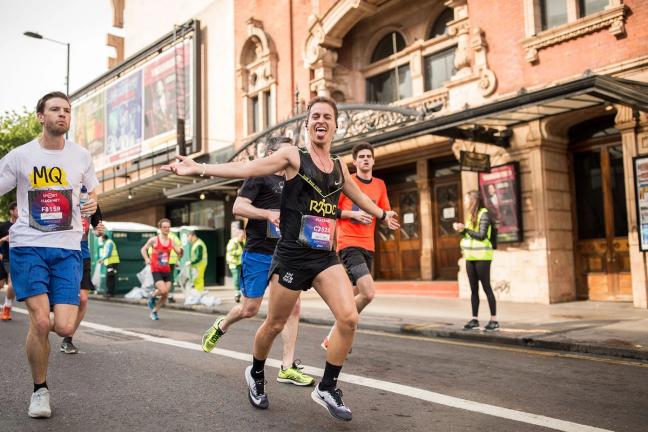
“Training in the city or the countryside – it all comes down to personal preference. I personally find the chaos of a city energising. I love running across bridges, sprinting through intersections, and dodging tourists on sidewalks.
"I personally find the chaos of a city energising. I love running across bridges, sprinting through intersections, and dodging tourists on sidewalks..."
“Cities also offer a lot of variety in clubs and crews. You can find the group and training partners that are right for you. Running on rural roads and trails is a little tougher for me mentally, but I go through phases where I need that introspection.”
Use 10k races to gauge your progress
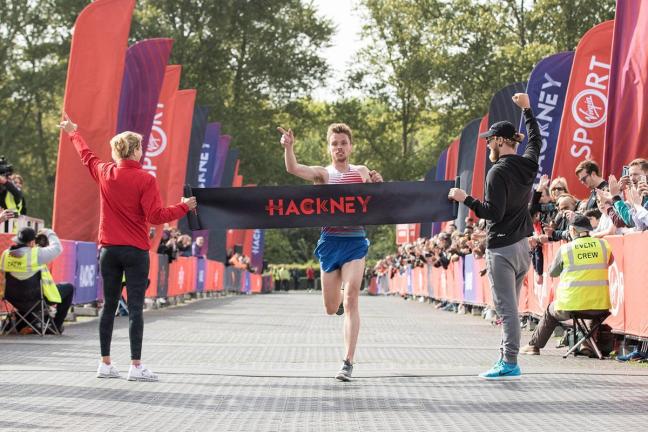
“I don’t think it’s necessary to enter a 10k before a half marathon, but it can help! I’m currently training for a spring marathon and I’ll be running a 10k and half marathon along the way to gauge where I’m at with my training.
“I know it’s going to help me with my pacing strategy on marathon day. If timing doesn’t work out you can always time a run on your own to get a sense of your limits. Races within your training plan are always fun motivation if you get bored by the weekly routine of long runs – and spur you on to race day success!”
Virgin Sport’s next half marathon, the Hackney Half, takes place on 20 May. Registration is now open here.

Become a Gentleman’s Journal Member?
Like the Gentleman’s Journal? Why not join the Clubhouse, a special kind of private club where members receive offers and experiences from hand-picked, premium brands. You will also receive invites to exclusive events, the quarterly print magazine delivered directly to your door and your own membership card.

